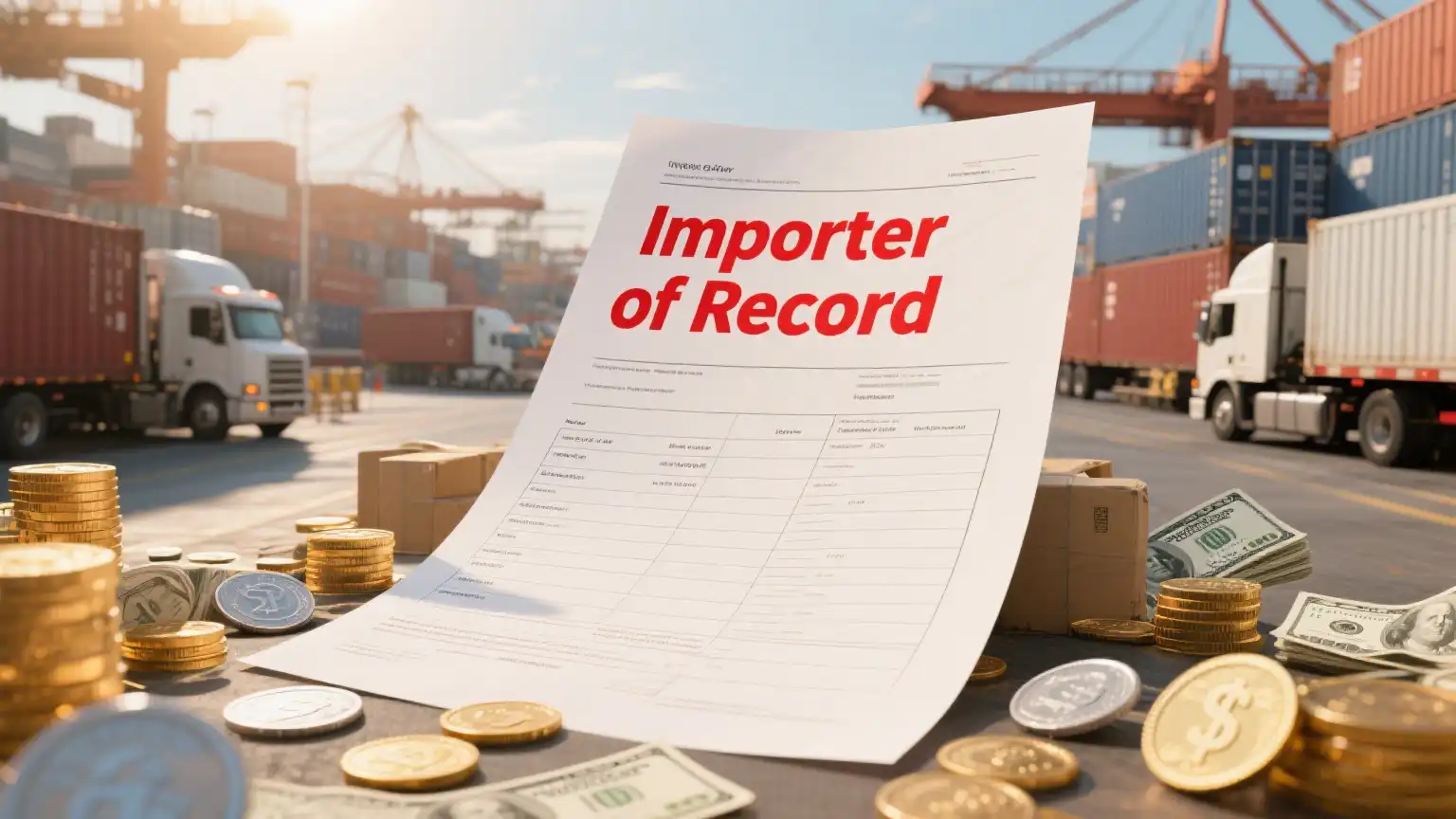
In the complex landscape of international trade, the question of who bears the financial burden of tariffs can often seem like a never - ending puzzle. When it comes to the Section 301 tariffs imposed by the United States, one might assume that the answer is straightforward. However, the reality is far more nuanced. In this article, we will dissect the statement “The importer of record is generally responsible for payment. This is typically the party listed on the Customs entry document as the importer,” and explore the implications, exceptions, and real - world impacts of this tariff payment responsibility.
At first glance, the rule that the importer of record is liable for Section 301 tariffs appears simple. The importer of record is the entity that legally imports goods into the United States and is identified on the customs entry paperwork. This could be a large corporation, a small business, or even an individual. But why is this the case? The U.S. Customs and Border Protection (CBP) enforces this rule to ensure a clear and consistent process for tariff collection. By designating a single, accountable party, it becomes easier to track payments, enforce compliance, and manage trade data.
However, just because the importer of record is responsible for paying the tariffs at the border doesn’t mean they necessarily absorb the cost. In many cases, importers pass on the additional tariff expenses to other parties in the supply chain. For instance, a U.S. retailer that imports clothing from China may increase the prices of those garments in its stores. Here, the end - consumer ultimately foots the bill, as they are forced to pay more for the products. Alternatively, an importer might negotiate with its suppliers to share the tariff burden, perhaps by asking for a price reduction on future orders. This shows that while the importer of record is the initial payer, the true economic impact of the Section 301 tariffs can ripple through the entire supply chain.
There are also exceptions to the general rule. In some complex trade arrangements, such as those involving multiple intermediaries or consignment sales, determining the importer of record can be challenging. For example, in a drop - shipping scenario where a seller in the U.S. arranges for goods to be shipped directly from a Chinese manufacturer to a customer, the lines of responsibility can blur. Additionally, if there are errors or disputes regarding the identification of the importer of record on the customs documents, it can lead to delays in tariff payment and potential legal issues. These situations highlight the need for clear contractual agreements and thorough documentation within the trade process.
The impact of this tariff payment structure extends beyond individual transactions. For small businesses, the sudden increase in costs due to Section 301 tariffs can be a significant blow. They may struggle to pass on the added expenses to customers, especially if they operate in highly competitive markets. This could lead to reduced profit margins, cutbacks in operations, or even business closures. On a macroeconomic level, the shift in costs can also affect the overall demand for imported goods. As prices rise, consumers may opt to purchase fewer imported products, which can have a domino effect on industries both in the U.S. and in exporting countries like China.
To navigate the complexities of Section 301 tariff payments, businesses need to be well - informed and proactive. This includes maintaining accurate customs records, understanding their rights and obligations as importers of record, and closely monitoring changes in trade policies. By doing so, they can better manage the financial risks associated with tariffs and make more informed decisions in their international trade operations.
In conclusion, while the importer of record is generally responsible for paying Section 301 tariffs, the story doesn’t end there. The flow of costs, potential exceptions, and far - reaching impacts make this a topic worthy of in - depth analysis. As the landscape of international trade continues to evolve, staying on top of these nuances will be crucial for businesses aiming to thrive in the global marketplace.
Loongwa Online Store: No Capes, Just Happy Carts & Real Smiles!